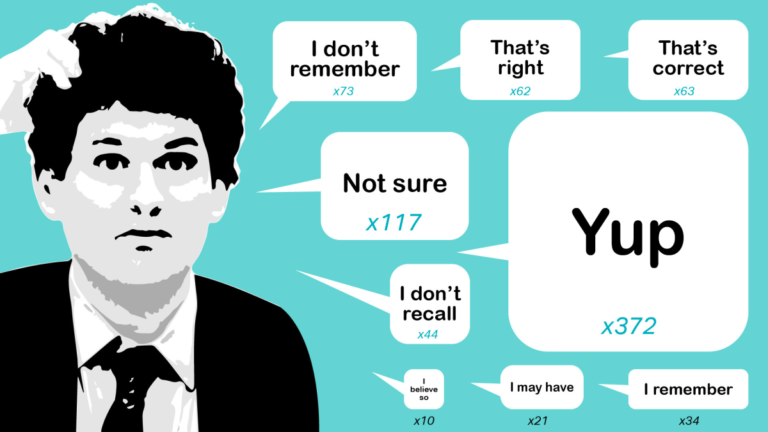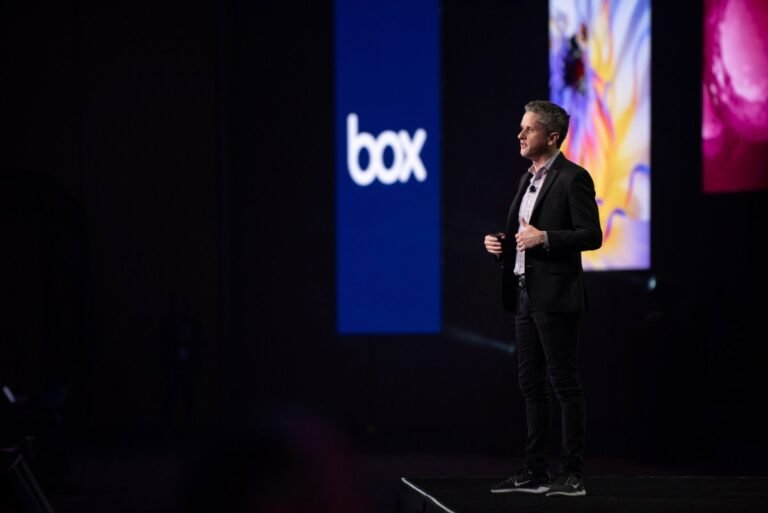
What is worth $11 billion and wants to go to Mars to collect rocks?
NASA’s mission to Mars to collect rocks that was expected to cost $11 billion and take ages.
So, the U.S. space agency is throwing the doors open to get more input, and that means that startups are looking at an opportunity that is truly out of this world.
To close, the massive, gobsmackingly big $7.2 billion worth of new funds from a16z.
For the full interview transcript, for those who prefer reading over listening, read on, or check out our full archive of episodes over at Simplecast.

The tech world is incredibly focused on AI and its applications today, but artificial intelligence is hardly the only place where progress is being made.
If you want to get really into the weeds, pay attention to the progress that quantum computing is making, as made evident recently by an announcement from Microsoft and Quantinuum.
The pair of companies made what TechCrunch described as a “major breakthrough in quantum error correction,” which could make quantum computing systems far more usable than before.
The gist is that they encoded several physical qubits into a single logical qubit, which made it easier to detect and correct errors.
The error rate in quantum computing is a material issue to the technology’s performance, making the news that the two companies managed “run more than 14,000 experiments without a single error” pretty big news.

Microsoft and Quantinuum today announced a major breakthrough in quantum error correction.
This new system also allowed the team to check the logical qubits and correct any errors it encountered without destroying the logical qubits.
This, the two companies say, has now moved the state-of-the-art of quantum computing out of what has typically been dubbed the era of Noisy Intermediate Scale Quantum (NISQ) computers.
The physical qubits are entangled together so that it becomes possible to detect an error in a physical qubit and fix it.
Now, Microsoft and Quantinuum argue that their new hardware/software system demonstrates the largest gap between physical and logical error rates, improving on using only physical qubits by up to 800x.

Nearly everything else that’s being built on or enabled by blockchains replaces something that’s already being done fairly well.
Yes, there are companies that facilitate crypto trades like Coinbase and Block (formerly Square).
But there’s no actual company that’s developed economic value by doing something brand new or better on a blockchain.
Energy drives the real-world economy, and unless Sam Altman or somebody successfully unlocks fusion and delivers energy that’s truly “too cheap to meter,” it’s going to remain a real asset with real value for some time.
In fact, it wouldn’t surprise me in the least if Satoshi had some kind of connection to the energy industry.

A few years later, Levie’s original idea was becoming commoditized, and he switched gears to enterprise content management in the cloud.
Traditional enterprise content management, whether on prem or in the cloud, has involved storing, managing, securing and governing unstructured content.
Today, the industry is changing once more, and Box is again working to position itself on the forefront of that shift.
Levie has always had a knack for seeing where the puck is going, and his company is embracing the software shift toward AI and workflow automation.
Last year, Box bought Crooze, a small company that specializes in workflow automation and metadata management with integrations into Box, making it a logical acquisition target.

At Prosus, this has involved guiding startups through the GenAI landscape, helping them not just adapt, but also win in a market that is rapidly transforming.
In this article, I distill those learnings into a practical playbook for GenAI, aimed at helping startups to not only survive but also thrive in the GenAI era.
GenAI value creationBalancing protective measures, like data protection protocols, with progressive strategies, such as AI-driven product rollouts, is essential.
Disruption diagnostics: Dissect risk and readinessIt is crucial to understand your company’s current standing in relation to GenAI disruption.
This involves a thorough analysis of risk exposure and operational readiness, which provides a foundation for a robust GenAI strategy.

For the longest time, Mozilla was synonymous with the Firefox browser, but for the last few years, Mozilla has started to look beyond Firefox, especially as its browser’s importance continues to wane.
Late last month, I sat down with Mozilla’s president and executive director, Mark Surman, to discuss what’s next for Mozilla — and what that means for the fans and Firefox.
“Mozilla AI, which had a broad mandate around finding open source, trustworthy AI opportunities and build a business around them.
Meanwhile, the open source and AI communities are still figuring out what exactly open source AI is going to look like.
“The question that we’re asking ourselves now is: What’s the pop-up blocker for the AI era?

BACKGROUND: Fake news is a familiar problem on social media, but it’s also been found to be a problem on some well-known news websites. For example, the website Politifact found…

Twitter’s decision to ditch its blue checkmark may be seen as a sign of the company’s maturing status, but it’s also been criticized for being influenced too much by outside…












